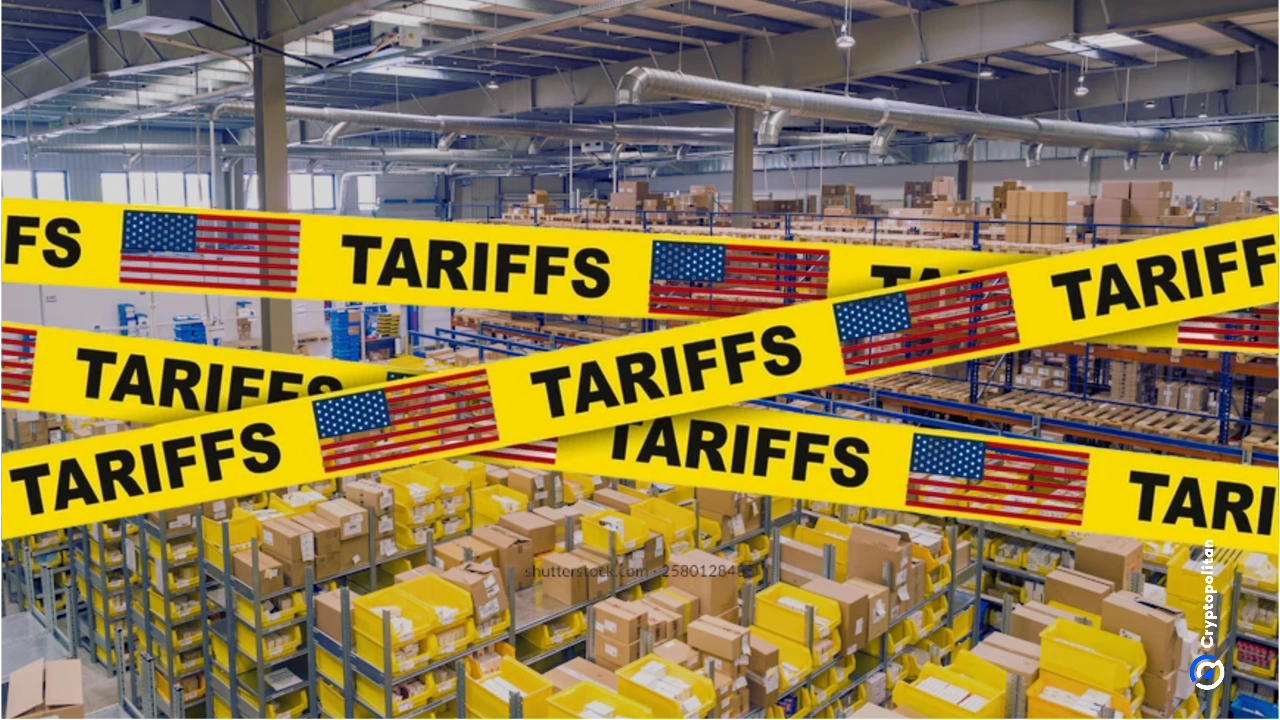Major drug company shares declined Friday after President Donald Trump announced 100% tariffs on imported branded medications, though analysts believe most large pharmaceutical firms will escape serious financial damage from these trade policies.
Indian drug manufacturers experienced stock price decreases even as industry specialists indicated the tariffs would barely affect their business operations. Share values for Sun Pharmaceutical dropped 2.5% while Divi’s Laboratories fell 3.5% on Friday. The sector benchmark Nifty Pharma Index dropped over 2%.
According to Sudarshan Jain, an official at the Indian Pharmaceutical Alliance, who spoke with CNBC, Indian firms primarily export generic medications to the United States, which means the anticipated impact should be quite limited. Yet investor anxiety seems rooted in a wider pattern of mounting trade disputes rather than immediate operational concerns.
Broader trade tensions with India escalate
Speaking to CNBC, Ayush Abhijeet, director of investments at White Oak Capital Partners, noted that international market observers interpret these tariffs as another chapter in recent economic pressures on India. The United States first introduced 25% tariffs on India during August, then raised these to 50% while citing India’s Russian oil purchases. White House trade advisor Peter Navarro called Russia’s conflict in Ukraine “Modi’s war.”
Trade barriers have most severely affected Indian businesses in textiles, gems and jewelry, plus marine products. However, given that India’s economy depends largely on domestic spending, the overall tariff effects stay constrained.
Last week, President Trump introduced a single-payment $100,000 fee for new H-1B visa applications, a policy that may disproportionately impact Indian technology workers. This series of quick policy announcements has heightened investor anxiety, with many concerned about additional escalation from Washington.
Gyanendra Tripathi, partner at risk advisory firm BDO Partners, believes these sequential U.S. measures could represent bargaining strategies designed to accelerate trade negotiations with India.
At the same time, major pharmaceutical corporations seem well-positioned to completely avoid the drug tariffs as per NY Times. Firms can qualify for exemptions by actively constructing or expanding production facilities within the United States. Johnson & Johnson, Eli Lilly, Merck, Gilead Sciences, Roche, GSK, AstraZeneca, and Novo Nordisk have recently begun construction on new factories across North Carolina, Indiana, Delaware, California, Pennsylvania, and Maryland.
“Overall, we think this is a win for Pharma and shouldn’t have a material impact,” Jefferies analysts wrote to investors Friday. Stock prices for major drugmaker companies stayed relatively stable or posted modest gains Friday morning.
Smaller drug companies face greater risk
As reported by Cryptopolitan on Thursday evening, Trump posted on social media that he would implement 100% tariffs on all patent-protected brand-name drugs entering the United States beginning October 1. Companies can sidestep these tariffs by actively building new U.S. manufacturing plants.
Trump’s statement seemed to include exemptions for producers of low-cost generic drugs, which represent the majority of American prescriptions.
However, these tariffs may severely harm smaller brand-name drug manufacturers operating from nations like Canada or Mexico, who cannot invest billions in new American production facilities.
John Crowley, president of the Biotechnology Innovation Organization representing biotech companies and most pharmaceutical giants, stated that the tariffs would affect “small and mid-sized” companies.
John Maraganore, former chief executive of mid-sized drug company Alnylam Pharmaceuticals, noted that companies confronting 100% tariffs will need to increase prices to cover these expenses, especially single-product companies relying entirely on one medication.
Most brand-name medications that Americans consume are already produced in the United States or Europe.
The European Union negotiated a trade agreement during the summer, ensuring tariff rates of no more than 15%, which EU officials confirmed Friday would remain unaffected by Trump’s new tariffs.
Friday morning also saw declines in European pharmaceutical stocks, with Novo Nordisk, Roche, Novartis, and AstraZeneca falling between 1.8% and 2% on the Tradegate platform.
Sign up to Bybit and start trading with $30,050 in welcome gifts
This articles is written by : Nermeen Nabil Khear Abdelmalak
All rights reserved to : USAGOLDMIES . www.usagoldmines.com
You can Enjoy surfing our website categories and read more content in many fields you may like .
Why USAGoldMines ?
USAGoldMines is a comprehensive website offering the latest in financial, crypto, and technical news. With specialized sections for each category, it provides readers with up-to-date market insights, investment trends, and technological advancements, making it a valuable resource for investors and enthusiasts in the fast-paced financial world.
